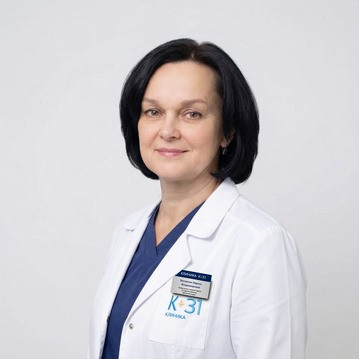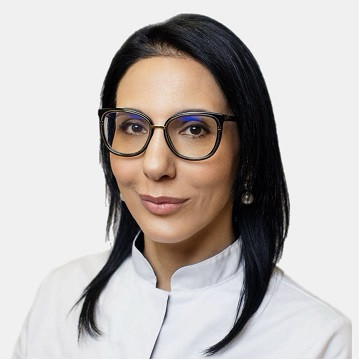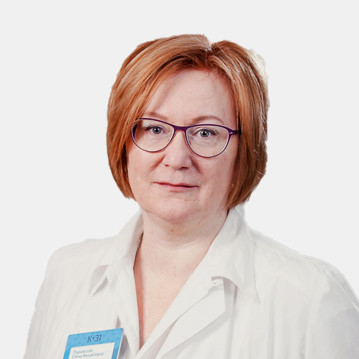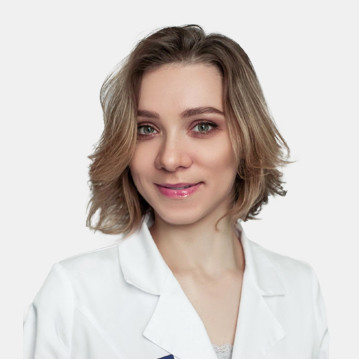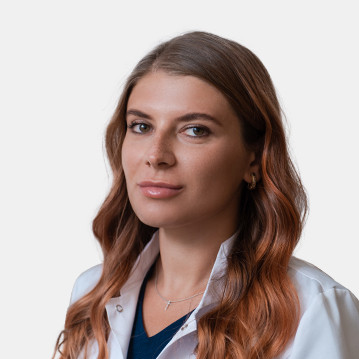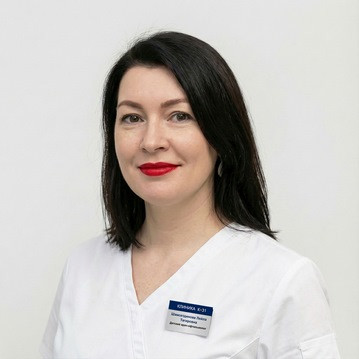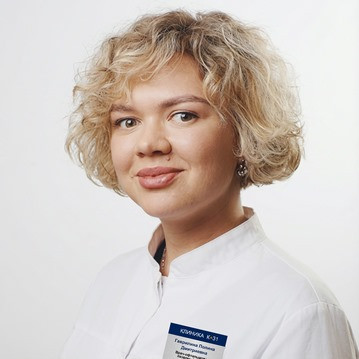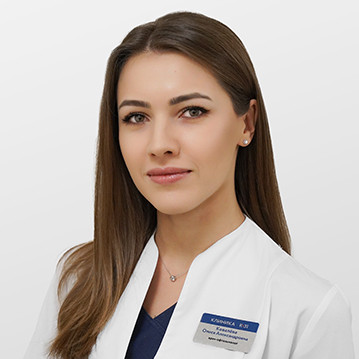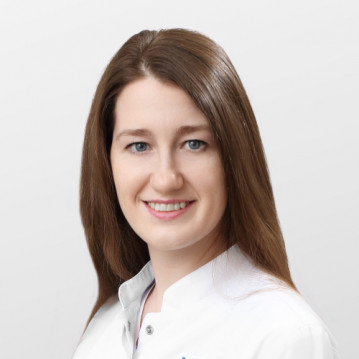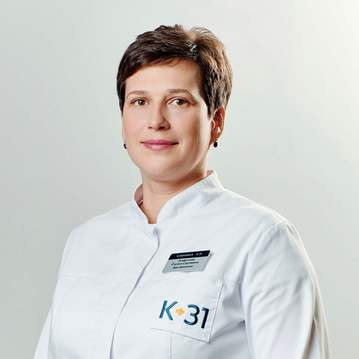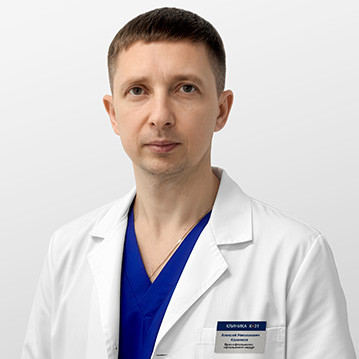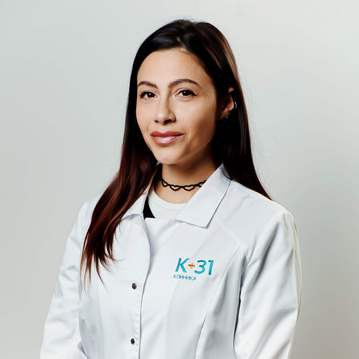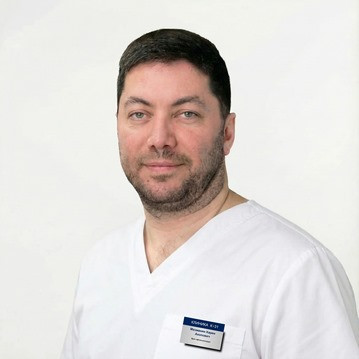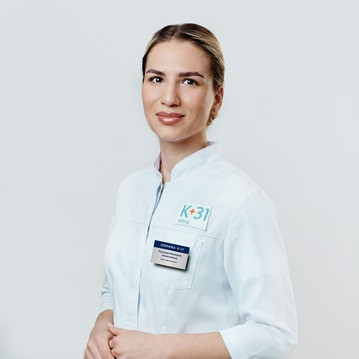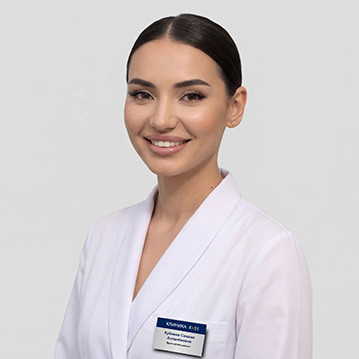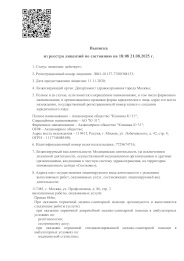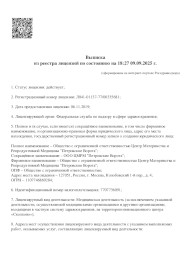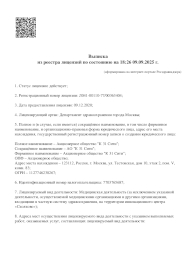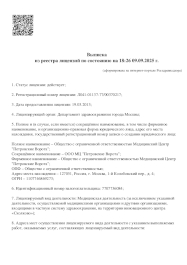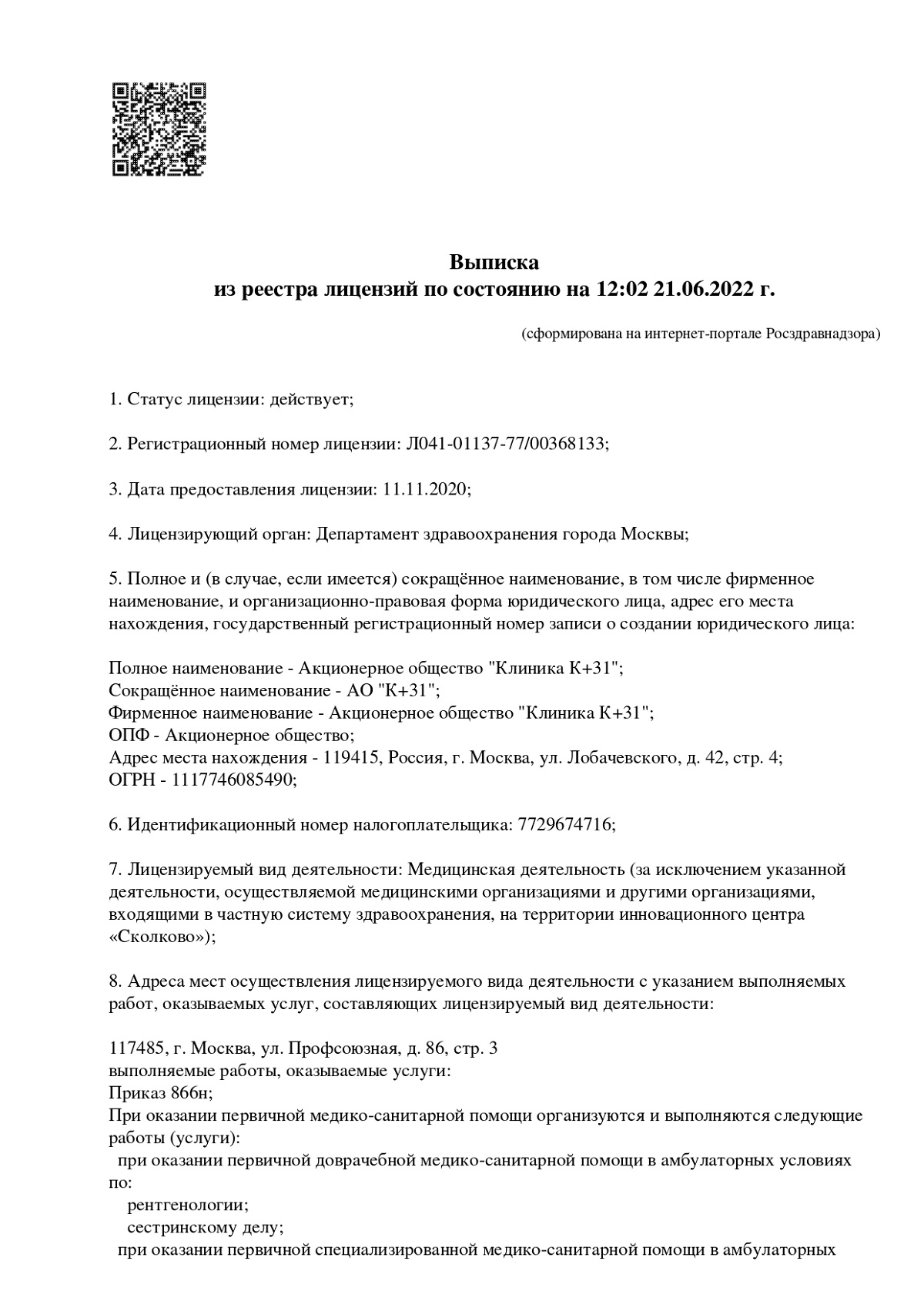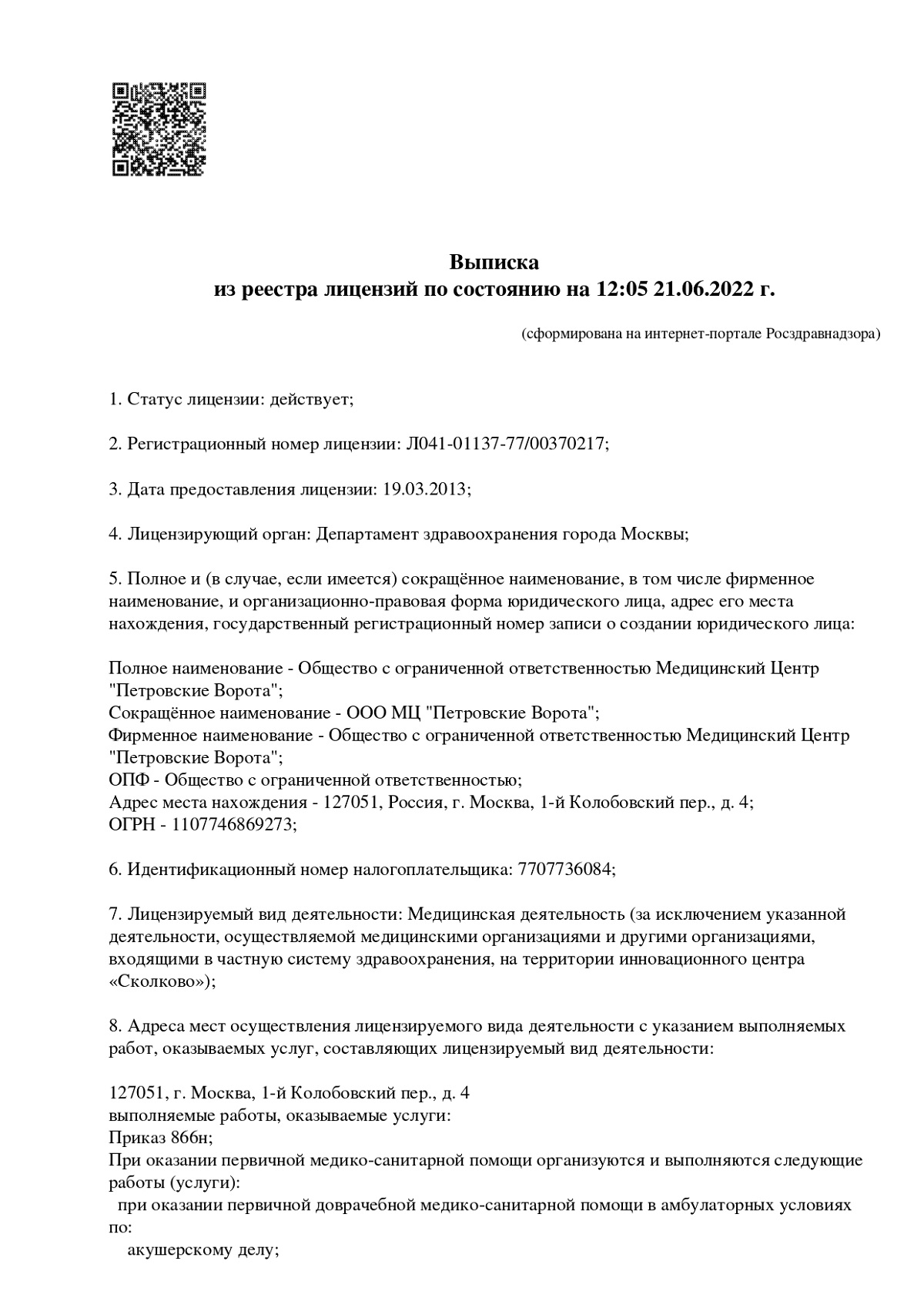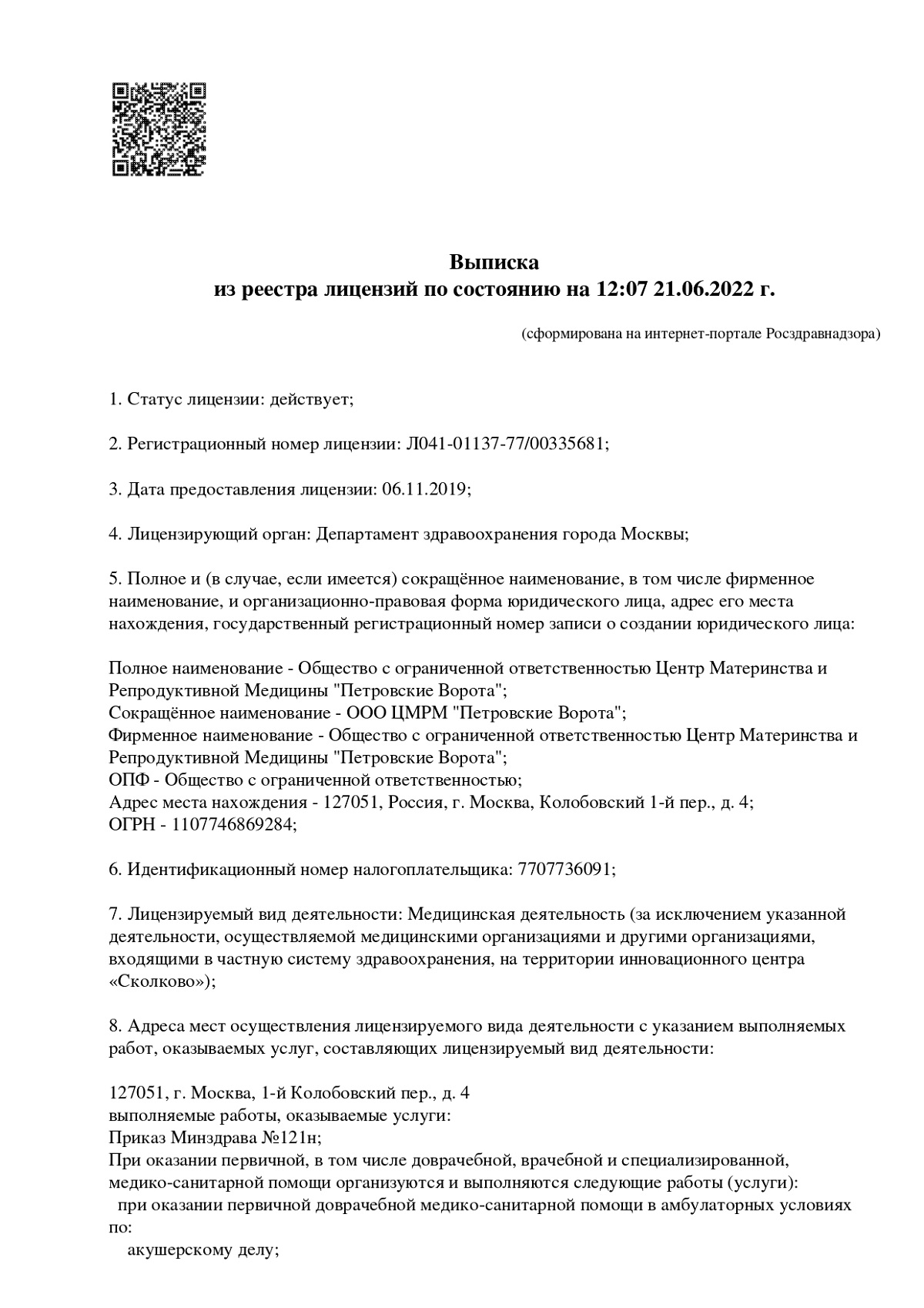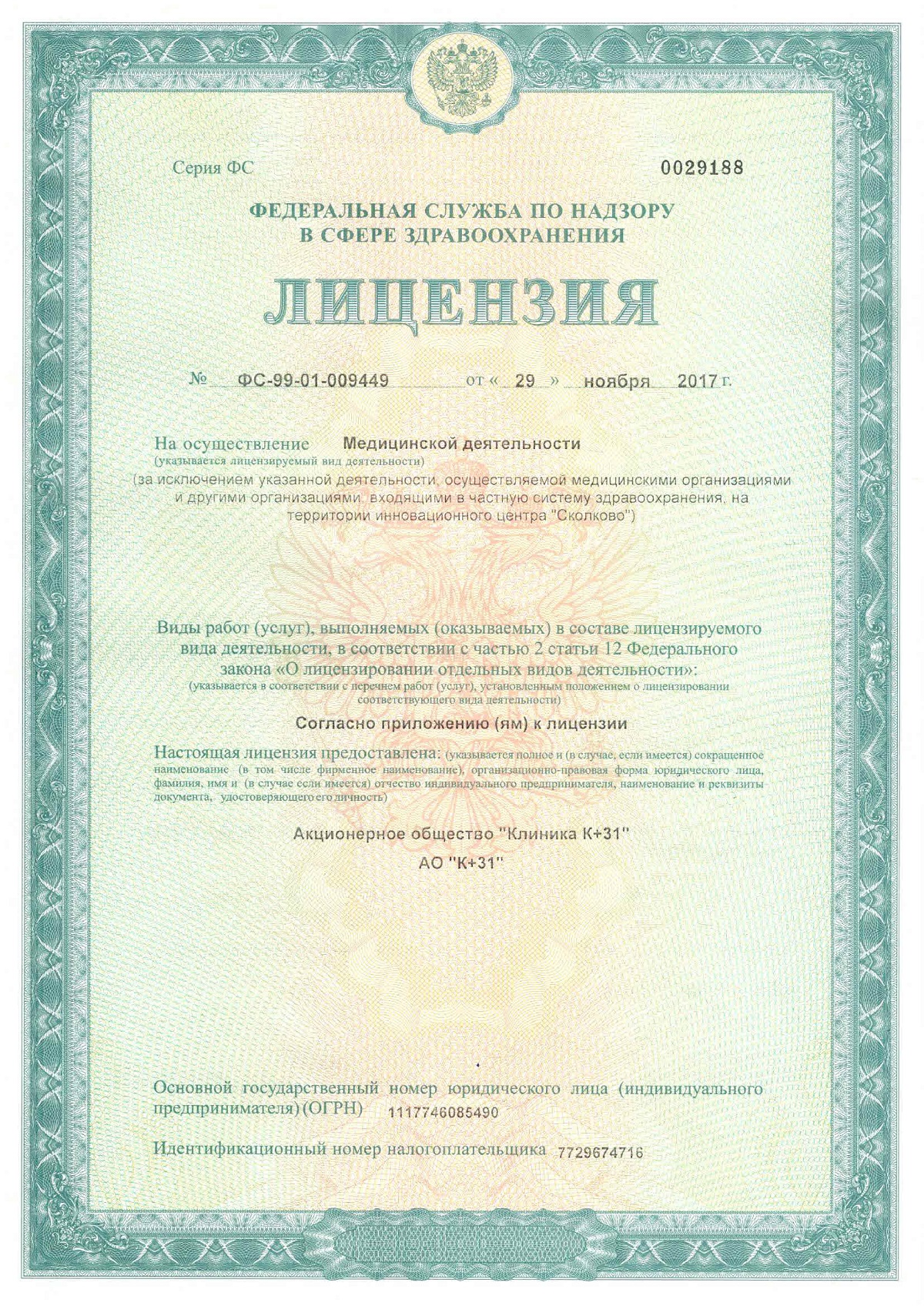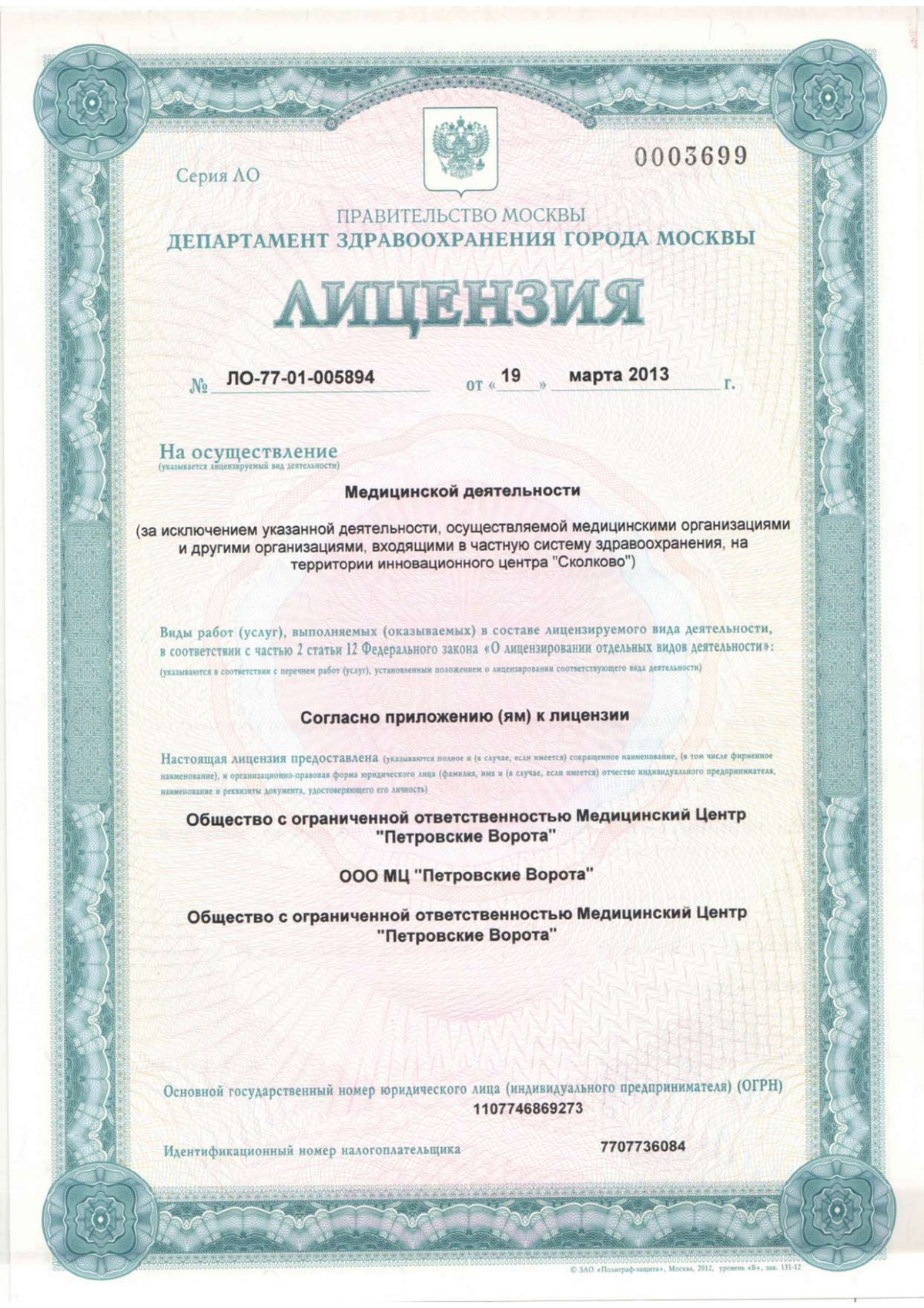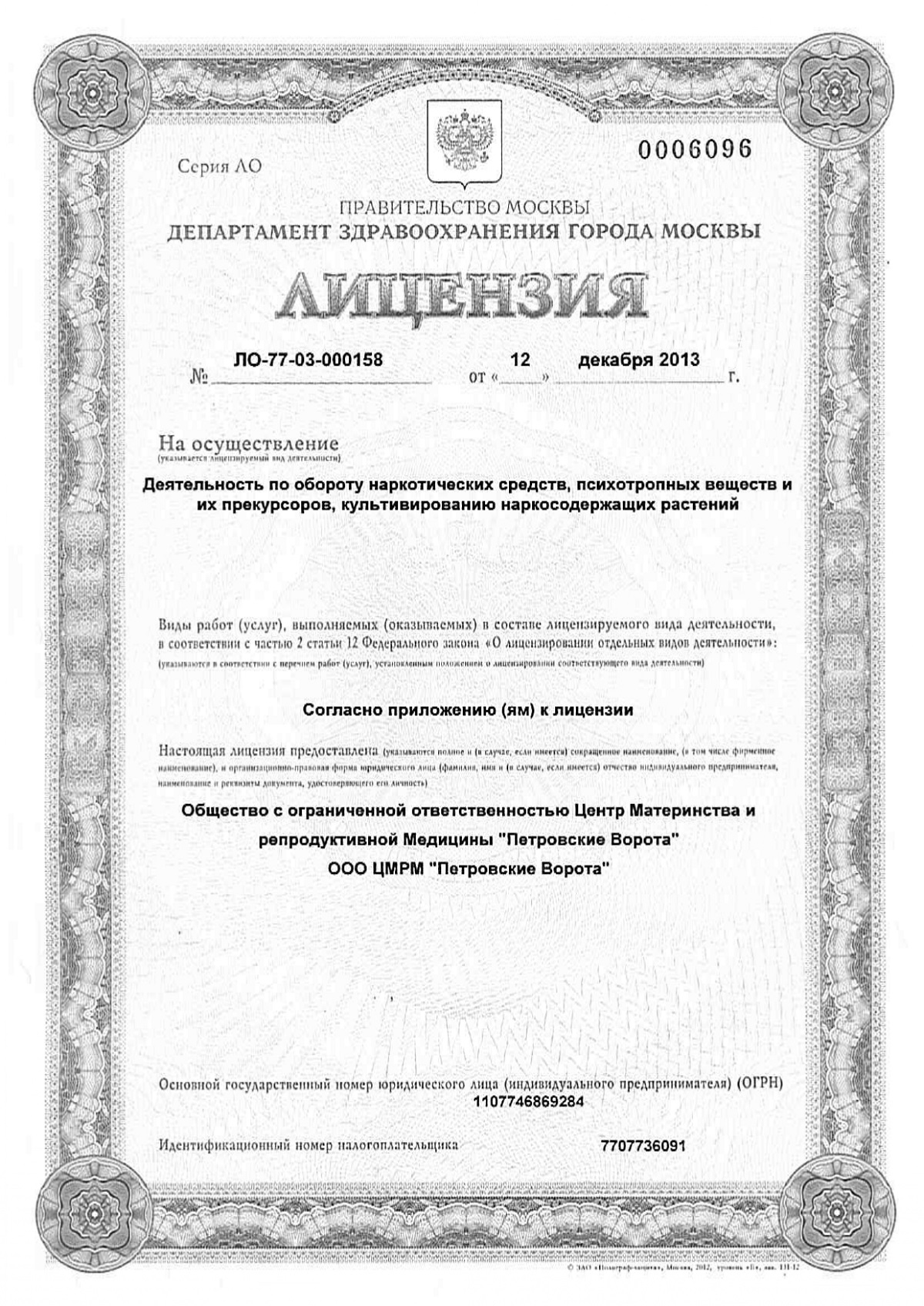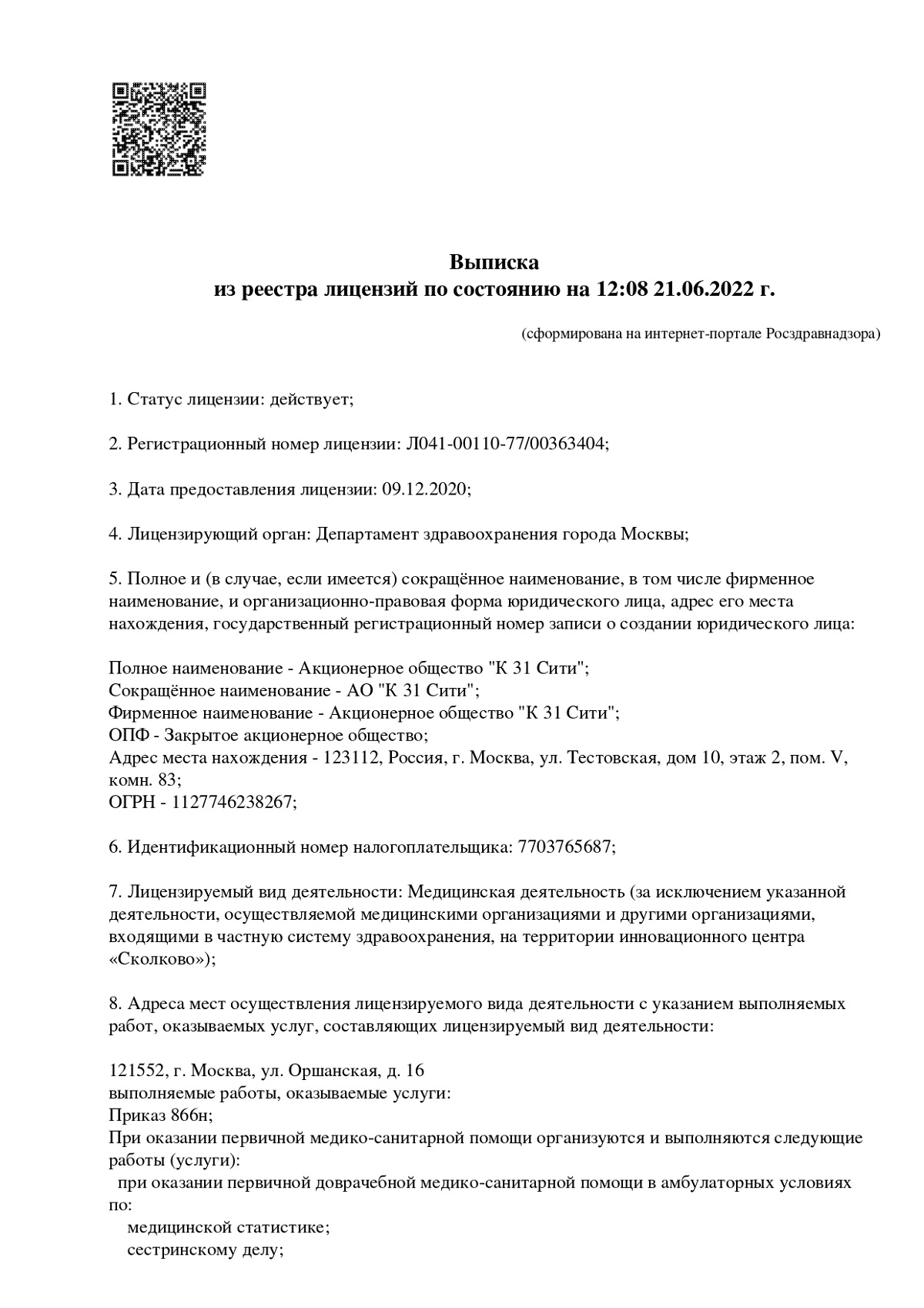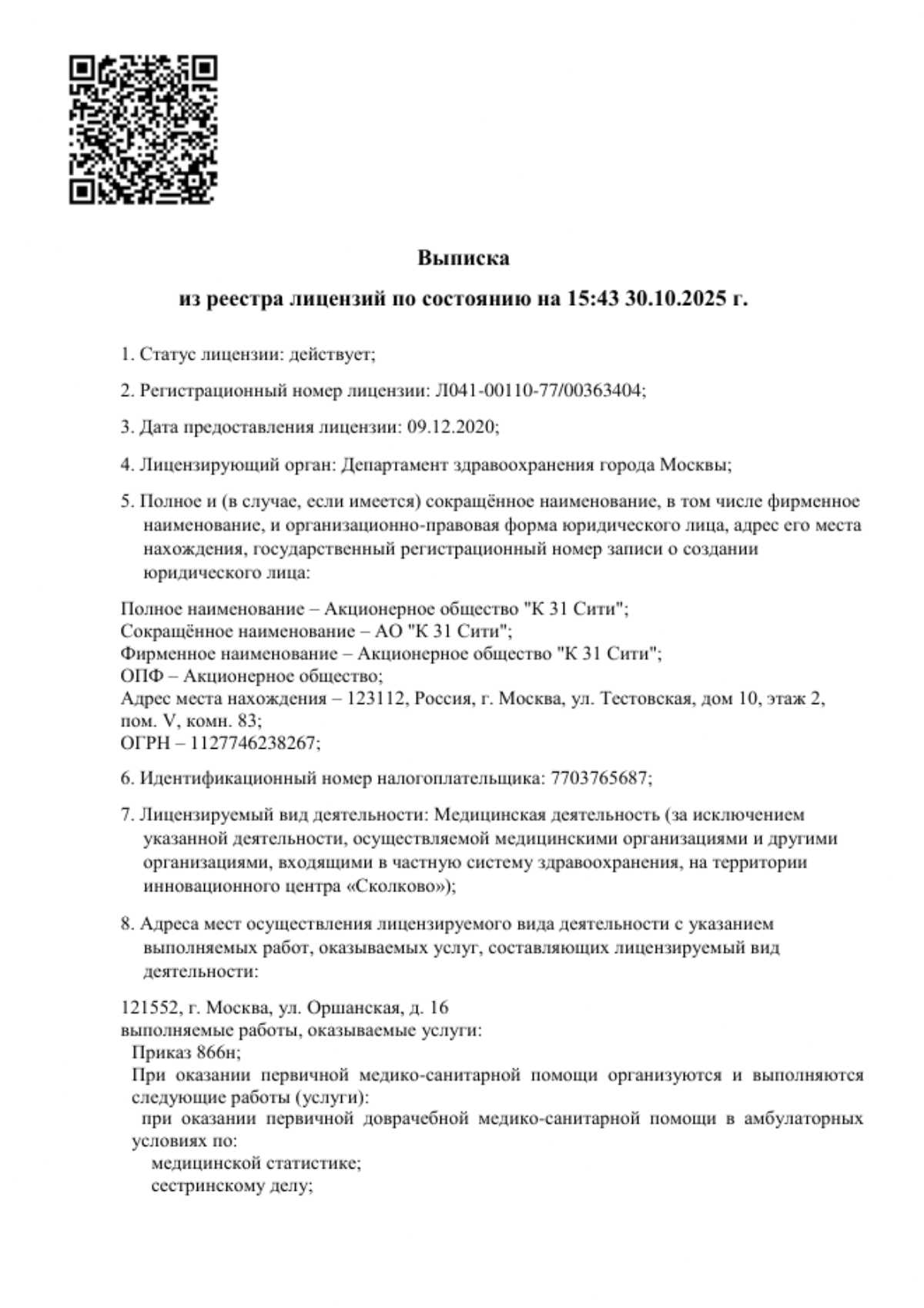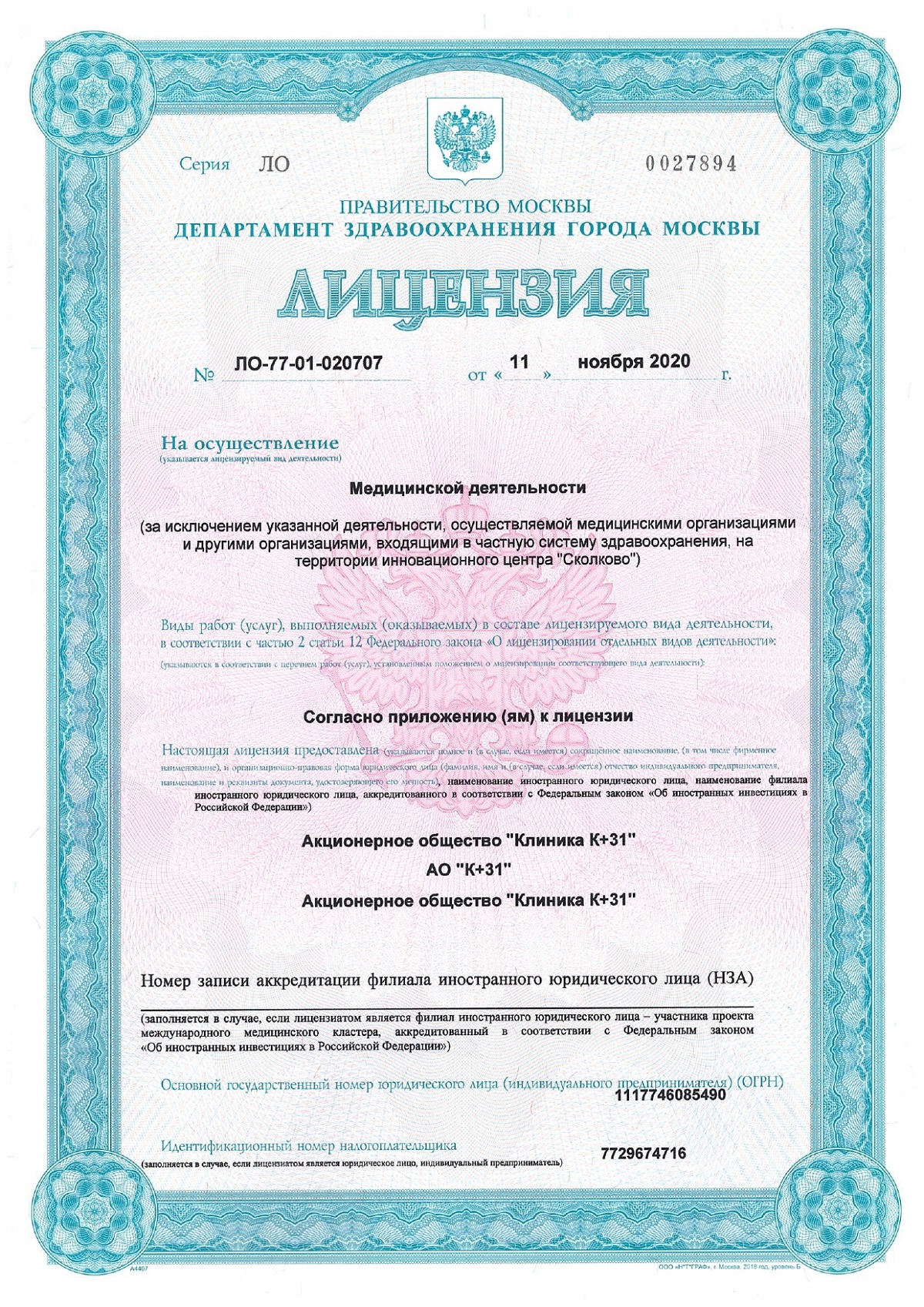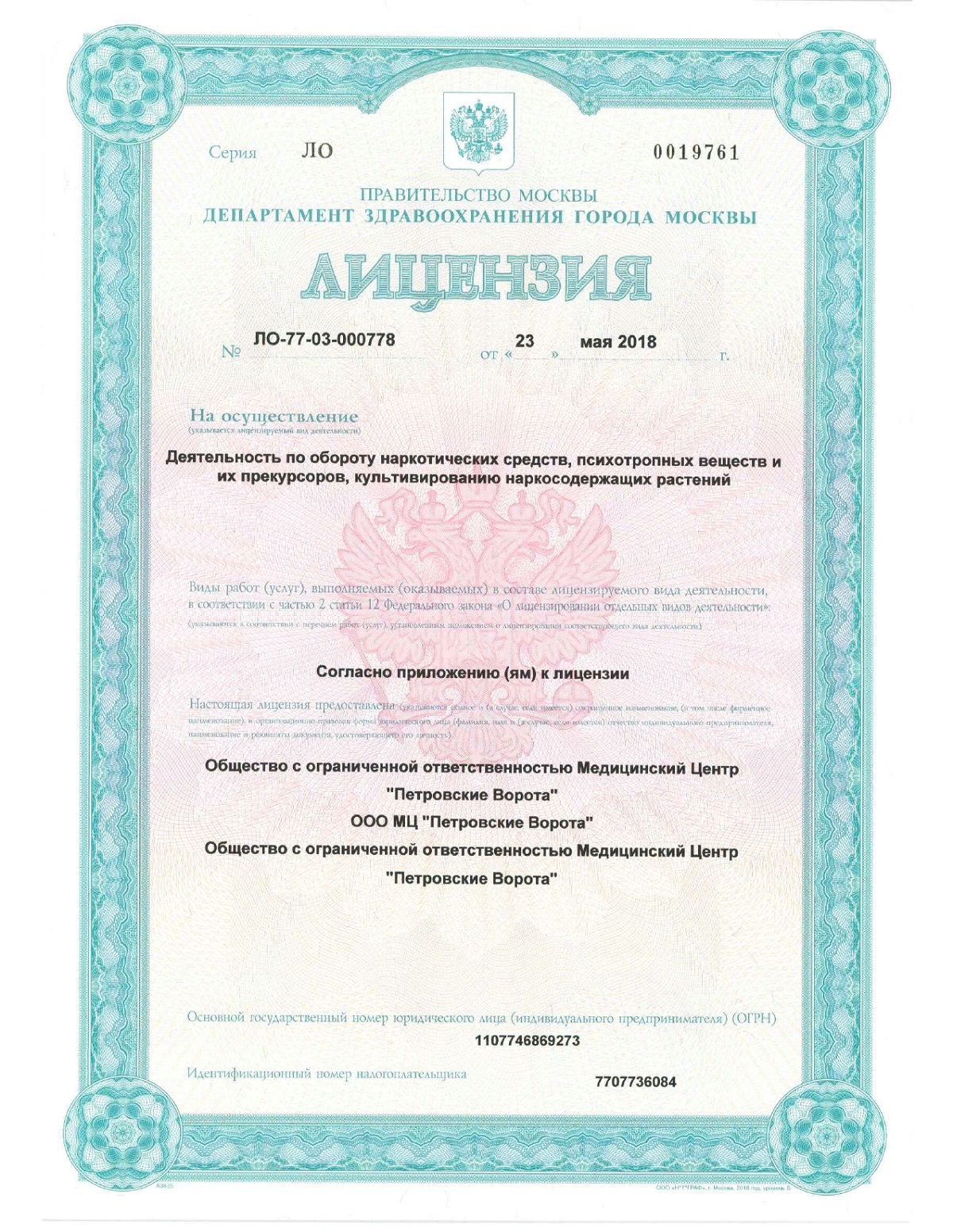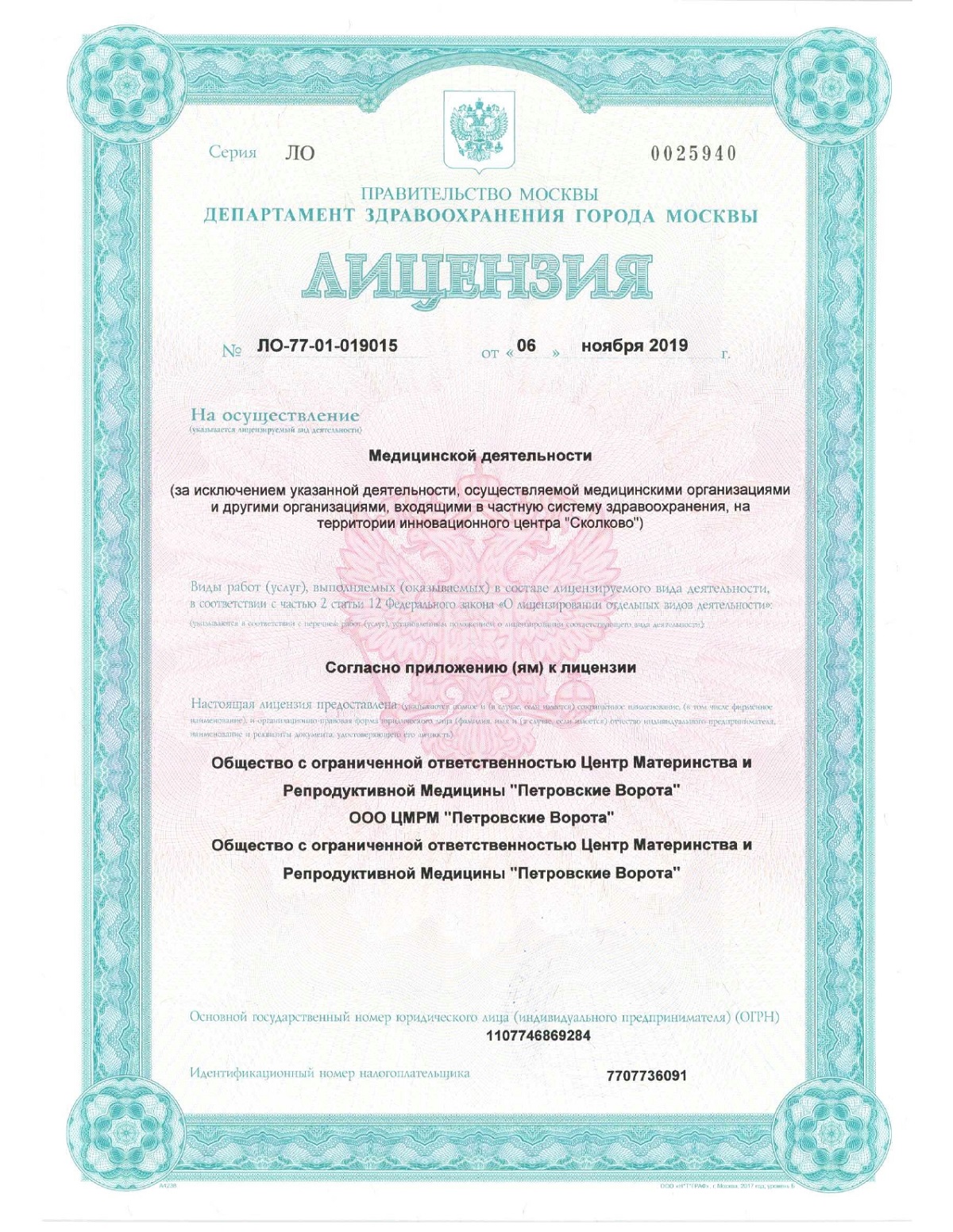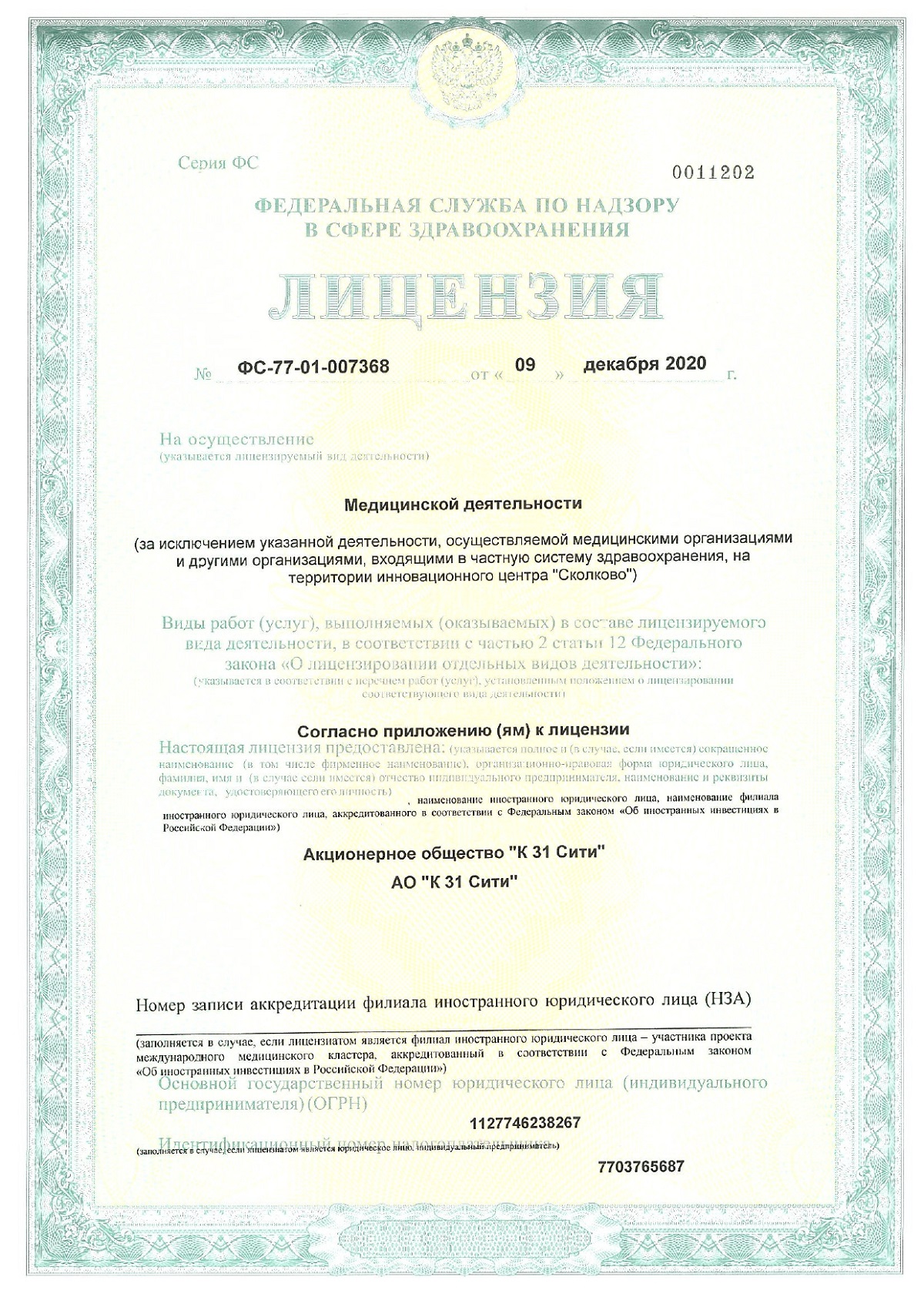Femtolaser cataract removal

specialists

equipment

treatment
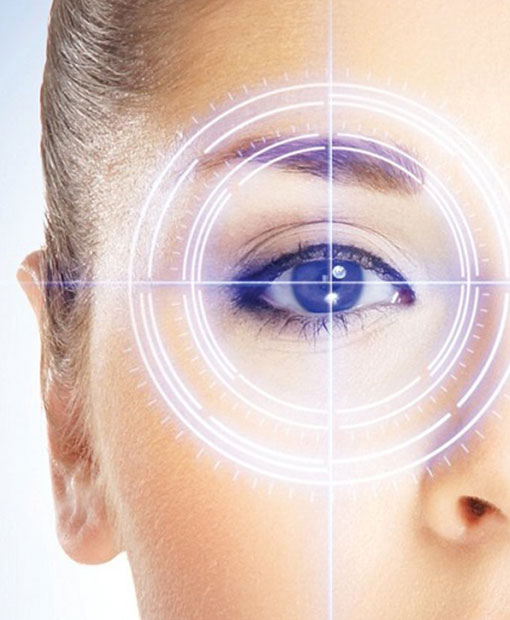
The only effective treatment for cataracts is the surgical removal of the clouded lens and its replacement with an artificial intraocular lens. During the operation, the clouded lens of the eye is turned into an emulsion and removed from the eyeball. Ultrasonic exposure with a laser beam causes defragmentation of the lens nucleus (the laser itself forms a corneal incision) and the ideal circle shape for the IOL is obtained. All surgical manipulations are oriented and adjusted to the human visual system.
Over the past two decades, cataract surgery has evolved significantly, the high efficiency of laser eye cataract treatment is achieved due to:
- Technology improvement and optimization of cataract surgery systems
- Using local anesthesia in the form of eye drops
- Use of micro incisions and micro incisions (about 1.8 mm) during surgery
- Cataract extraction using femtolaser technology
- Using intraocular optical lenses
Modern cataract surgery involves femtosecond laser support of the operation.
In our clinic we use FEMTO LDV Z8 Ziemer (Switzerland) – the most advanced femtosecond laser in the world today. It allows you to perform complex stages of cataract surgery with high precision.
This is a development of the Swiss company Ziemer, a universal and multifunctional laser platform for the treatment of diseases of the cornea and lens. Due to the use of short pulses with a high frequency, the laser can significantly reduce damage to the tissues of the eye. FEMTO LDV Z8 Ziemer — it is not only a direct laser system, but also high-tech software with which the doctor programs the stages of the operation.
The entire course of manipulations is planned and calculated individually, taking into account the anatomy and pathological changes for each patient. The laser allows you to operate with greater safety not only various types of cataracts, from routine to complex, but also to perform this operation. at a high level of safety in complicated cases such as myopia, glaucoma, corneal pathology, pseudoexfoliative syndrome, age-related maculopathy, diabetes mellitus and other pathologies affecting the outcome of the operation.
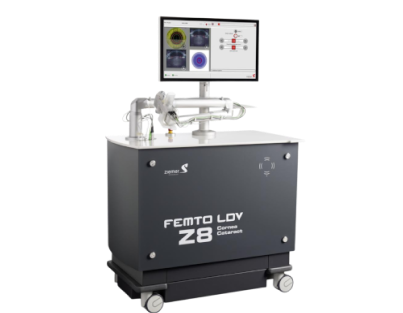
Higher precision than manual manipulation by a doctor: less chance of human error
All manipulations are programmed individually, taking into account the anatomy of a particular patient.
Rapid recovery: The laser reduces the amount of ultrasound used to remove the lens, making the procedure less traumatic
Reduced risk of postoperative complications
No pain or discomfort for the patient
The ability to successfully operate complex types of cataracts with greater accuracy, provides a more stable position of the lens
There are no age restrictions for femtolaser cataract extraction, so the technique is used even in pediatric ophthalmology.
- A few days before the operation, the patient undergoes a detailed ophthalmological examination. Precision diagnostics is carried out using an optical coherence tomograph, after which a three-dimensional plan of the operation is built. The tests required for surgical intervention are also given
- The operation is carried out accompanied by an anesthesiologist: it can be under local anesthesia and sedation, or with the use of drug sleep. In uncomplicated cases, surgery can be performed on both eyes on the same day. For complicated cataracts, one eye is operated on one day and the other one a week later.
- Before starting the operation, the surgeon programs the main stages of the operation on the computer of the robotic laser system. This takes into account the characteristics of the patient, the type and density of the cataract
- The interface of the laser system and the patient's eye are being docked to perform the steps of cataract surgery, fully automatically under the control of the surgeon.
- Laser capsulorhexis is performed: a round hole in the anterior lens capsule that allows access to the lens substance. The accuracy of manipulation is much higher than with the manual manipulation of the surgeon. Then there is a safe and atraumatic for the capsular bag fragmentation of the substance clouded lens, corneal accesses are performed for the surgeon's instruments. Next, manual removal of lens fragments is performed. using ultrasound, thereby cleaning the lens capsule
- One or another model of an intraocular lens is introduced into the vacated space. In our work, we use the most modern lenses made in the USA, Germany and France. The choice of lens for implantation is carried out by the surgeon, depending on the indications of the patient.
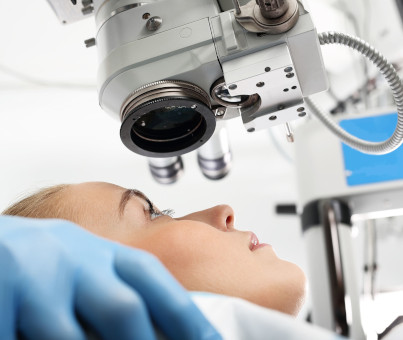
Price

This award is given to clinics with the highest ratings according to user ratings, a large number of requests from this site, and in the absence of critical violations.

This award is given to clinics with the highest ratings according to user ratings. It means that the place is known, loved, and definitely worth visiting.

The ProDoctors portal collected 500 thousand reviews, compiled a rating of doctors based on them and awarded the best. We are proud that our doctors are among those awarded.
Make an appointment at a convenient time on the nearest date
Our doctors

This award is given to clinics with the highest ratings according to user ratings, a large number of requests from this site, and in the absence of critical violations.

This award is given to clinics with the highest ratings according to user ratings. It means that the place is known, loved, and definitely worth visiting.

The ProDoctors portal collected 500 thousand reviews, compiled a rating of doctors based on them and awarded the best. We are proud that our doctors are among those awarded.
Other services
No you can not. Surgical treatment is the only reason to get rid of cataracts.
Femtolaser surgery allows you to remove cataracts at any stage, without waiting for a decrease in visual acuity. It is also important to take into account that treating cataracts at an early stage provides faster rehabilitation after surgery. That is why it is so important to have regular ophthalmic examinations to detect pathology at an early stage, when the disease is asymptomatic.
After femtolaser treatment, the internal structures of the eye are sealed on their own, no additional manipulations are required.
The operation lasts 15 - 20 minutes. Then, if the operation was performed using drug sleep, the patient is in the hospital for 2 hours. After that, he can go home or stay at the clinic for up to 4 days if he wishes. Additional stay in the hospital is paid separately.
A relative prohibition for cataract surgery is the age of up to 18 years. At this age, clouding of the lens is diagnosed less often, in each specific situation, the issue is resolved on an individual basis. Also, cataract surgery is not recommended in cases where when the patient has other ophthalmic pathologies that are manifested by a loss of vision.
According to generally accepted standards, a second operation to replace the lens is performed only if there are unconditional indications. These include conditions that make it impossible or dangerous to use an intraocular optical lens:
- Secondary cataract or clouding of the posterior surface of the lens
- The appearance of the “crescent moon” effect, interfering with the review of glare and halos, indicating an error in the implantation of an artificial lens
- Visual image bifurcation indicating IOL displacement relative to the center of the retina
- Instability of the iris, its twitching due to a violation of the system of its fixation inside the eye
For a repeated femtosecond operation to install an artificial lens and replace it with a new one, there should be no opportunities to correct defects. For example, with a secondary cataract, doctors will not change the IOL to another one, but will perform the procedure laser resurfacing of the posterior lens capsule. For other problems, it is also possible to correct the position of the artificial lens in the eye and its additional fixation.
In laser cataract treatment, various types of high-tech lenses are used for implantation (multifocal, soft toric, aspherical, trifocal). A femtolaser is used to place the implant. It is with its help that precise centering and an incision in the lens sac are made.
Our medical centers in Moscow provide a full range of ophthalmic procedures for vision restoration and vision diagnostics:
- Treatment of strabismus
- Treatment of diseases of the retina: retinal dystrophy, retinal detachment
- Myopia treatment
- Hyperopia treatment
- Glaucoma treatment
- Treatment of strabismus
- Keratoconus treatment
- Presbyopia treatment
- Vitreous treatment
- Treatment of endothelial corneal dystrophy
Our centers also have children's ophthalmology. To improve the quality of vision, microsurgical methods and traditional therapy are used. We have laser treatment available for:
- CLEAR laser vision correction
- Femto-LASIK - femto-assisted laser vision correction
- Femto Super-LASIK (customized laser correction)
- Super Lasik - individualized laser vision correction
- LASIK (laser keratomileusis)
- PRK (Photorefractive Keratectomy)

